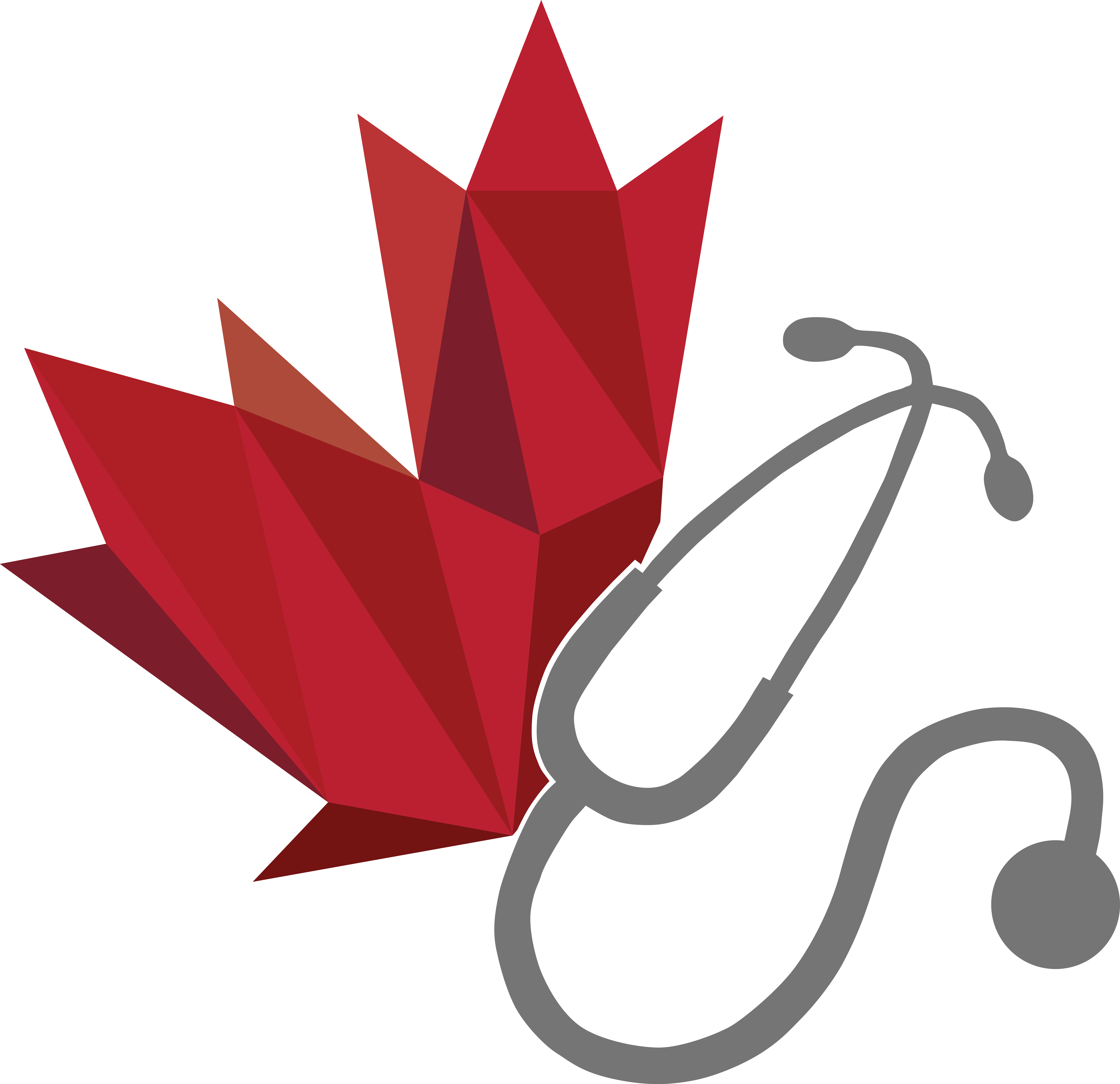Indigenous Health
National Officer of Indigenous Health
The National Officer of Indigenous Health (NOIH) is responsible for the CFMS Indigenous Health portfolio under the Global Health Program in the following areas: External Engagement, Internal Communication, Advocacy & Education, and Management. The NOIH works alongside and supports the junior and senior CFMS Local Officers of Indigenous Health (LOIHs) at each member school. LOIHs’ responsibilities are to be split between the Sr. LOIH and Jr. LOIH, to allow for each team to use their strengths and adapt to locally important initiatives.
We acknowledge the structural racism that continues to exist within the CFMS and the medical community at large. We are committed to undertaking the steps necessary to ensure we are working safely and respectfully alongside systematically excluded groups, including Indigenous peoples and to redress any harm that has been caused.
CFMS Commitment to Indigenous Health
Through mandates within the Global Health Program, the CFMS is committed to engaging with Indigenous peoples in Canada and advocating for their cultural and health-related rights on both a local and national level. We recognize the inequities that exist in the health status of Indigenous people and how the history of colonialism in Canada has continued to contribute to this inequity. Further, the CFMS recognizes the necessity for an organized mobilization of Canadian medical students to reverse these inequities through local and national initiatives.
The CFMS’ Mission provides three directions that reflect the need for a national-local engagement structure in terms Indigenous health.
- Connect: Engagement of members with interest in Indigenous health requires adequate communication that will allow for the wide mobilization of members on national issues as well as the sharing of best practices and resources between member schools.
- Support: Canadian medical students are diverse in their abilities and interests. Indigenous health is not an exception to this diversity, and we are posed to provide a supportive platform for our members to use their skills to affect change in Indigenous health, whether it is from a grassroots level, an international level or anywhere in between.
- Represent: Advocating for Indigenous health within medical education, practice, and health care in general is a vital goal to the CFMS. An established national role not only allows for this advocacy to occur, but also facilitates the timely dissemination of the discourse as it relates to Indigenous health.
Past Initiatives and Events
National Indigenous Medical Students Gathering
- The NOIH is working on hosting a National Gathering of Indigenous Medical Students in hopes to foster connections, create a safe space for dialogue, and enhance collaboration for future projects and advocacy initiatives.
Indigenous Representation Exploratory Working Group
- In an effort to respond to the ‘AFMC Joint Commitment to Action on Indigenous Health’, select members of the CFMS are working on an environmental scan of Indigenous representation within key stakeholder organizations across Canada to develop a plan forward for the CFMS.
Indigenous Week of Advocacy
- Student representatives from each of the member schools from the Canadian Federation of Medical Students (CFMS), as well as Fédération médicale étudiante du Québec (FMEQ), will meet with the key stakeholders to advocate for increased Indigenous representation within their medical school. The advocacy will stem from asks adopted from the action items in the ‘AFMC Joint Commitment to Action on Indigenous Health’. This initiative will take place over the course of one week.
- The specific week has been postponed due to COVID-19
CFMS Indigenous Health Topics
Click on the topics below to find out more information on the CFMS stances on the following issues:
- 2018 Day of Action on Indigenous Mental Wellness: https://www.cfms.org/what-we-do/advocacy/day-of-action-2018
- Mental Health & Suicide in Indigenous Communities https://www.cfms.org/files/position-papers/sgm_2017_indigenous_mental_health.pdf
- Health Equity: Indigenous Peoples and Health in Medical Education https://www.cfms.org/files/position-papers/2015_indigenous_people_in_canadian_med_ed.pdf
- Aboriginal Health https://www.cfms.org/files/position-papers/cfms_aboriginal_health_policy_statement_-_final.pdf
Resources
First Peoples, Second Class Treatment Executive Summary
First Peoples, Second Class Treatment Discussion Paper
Truth and Reconciliation Commission Report and Findings
Indigenous Knowledge to Close Gaps in Indigenous Health | Marcia Anderson-DeCoteau | TEDxUManitoba

